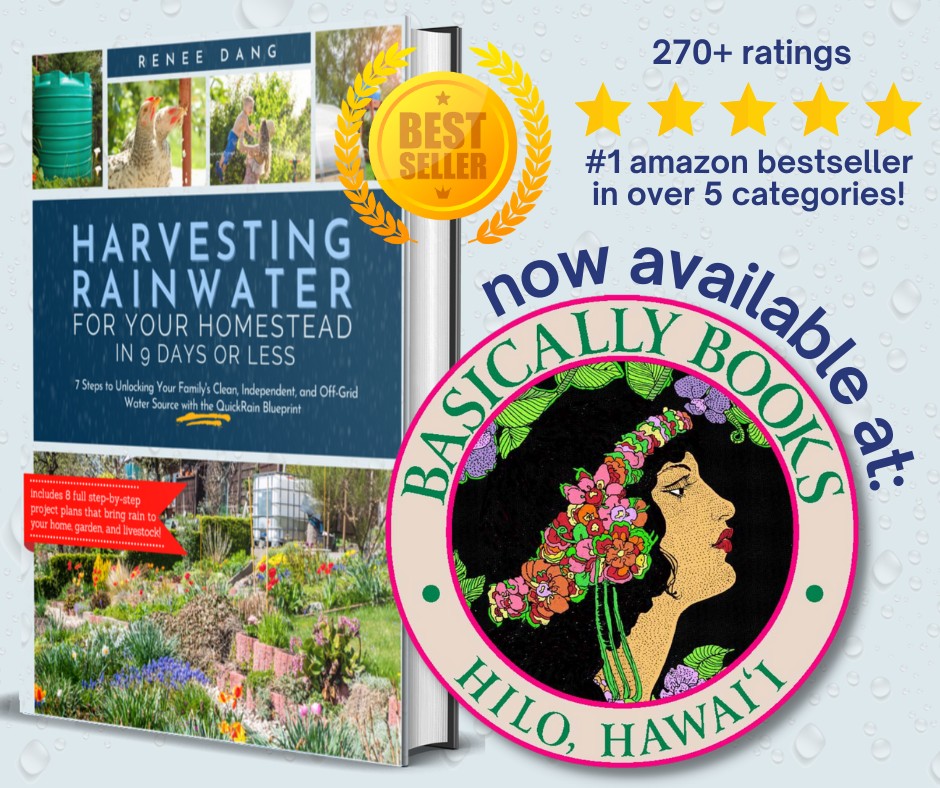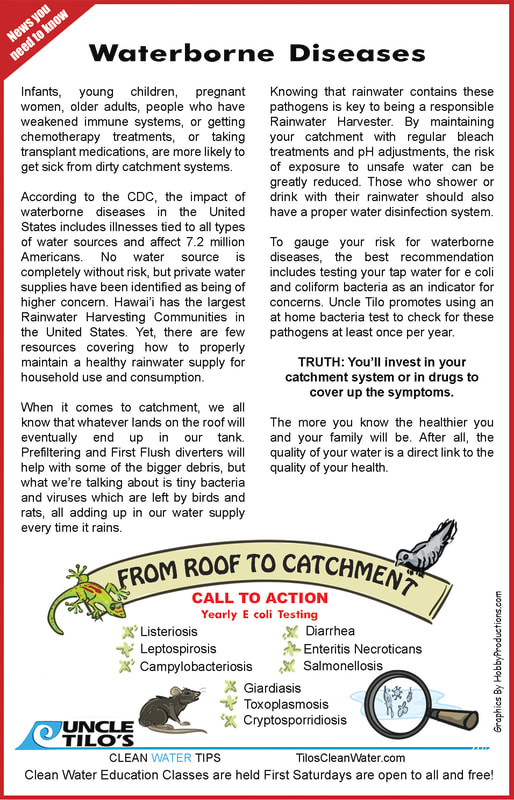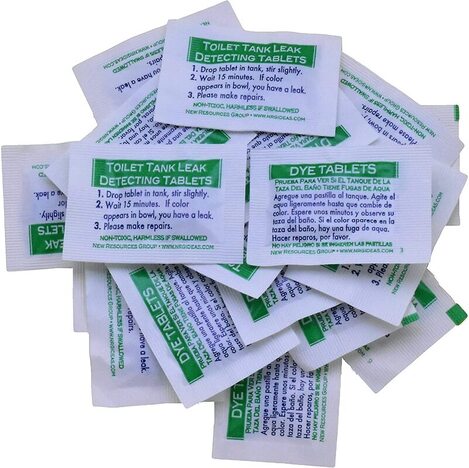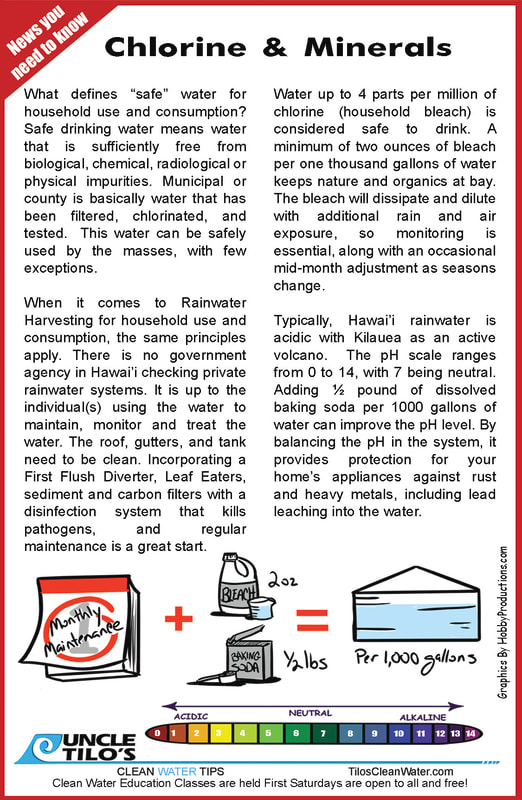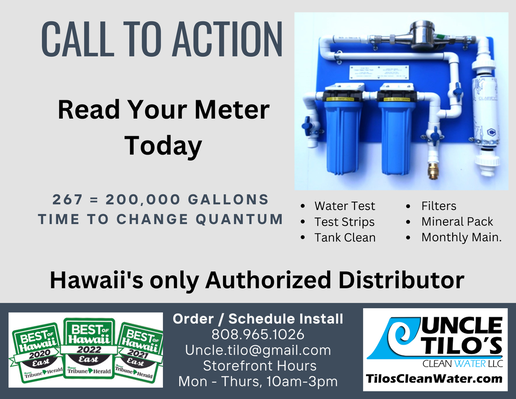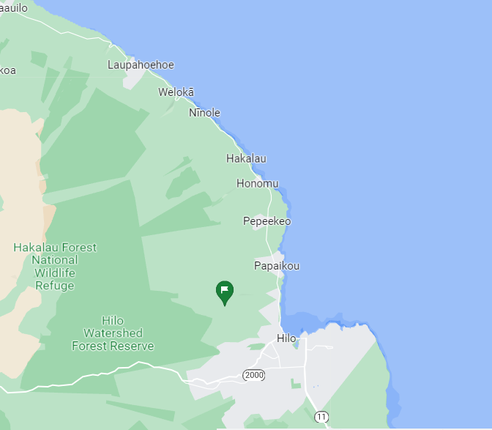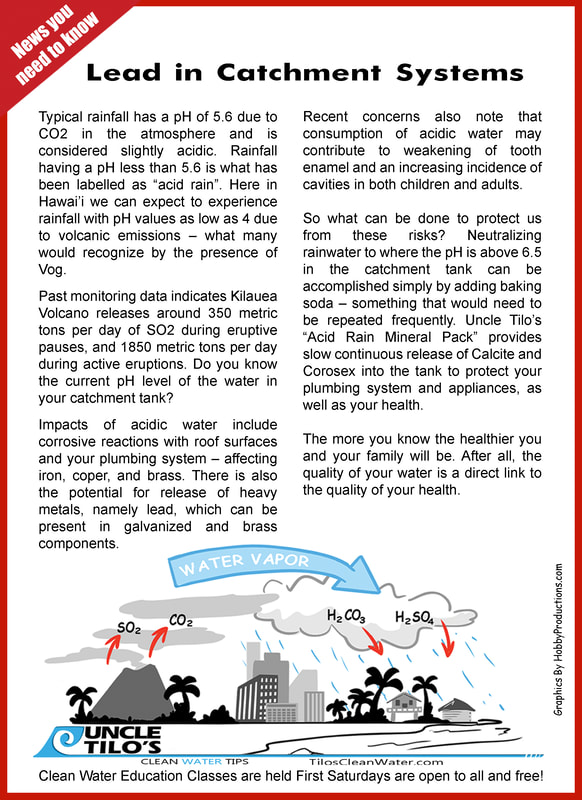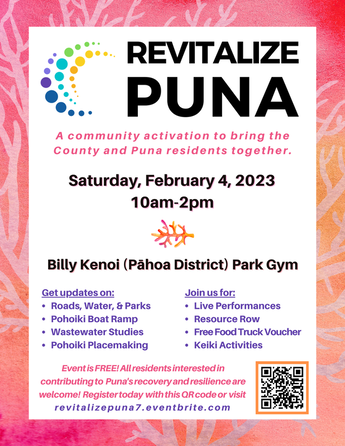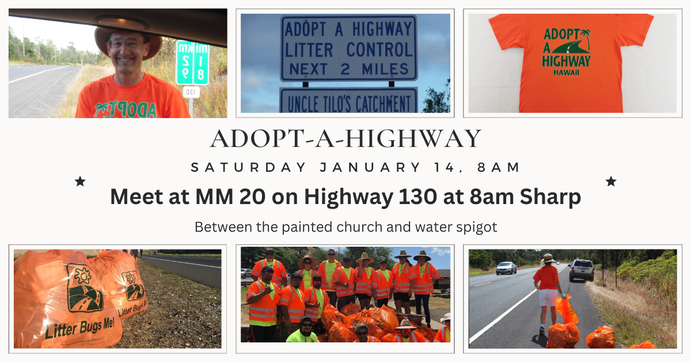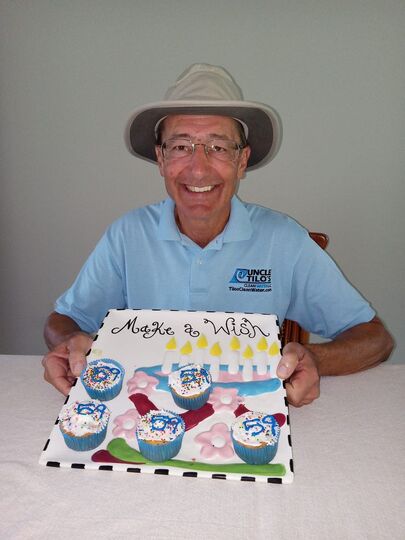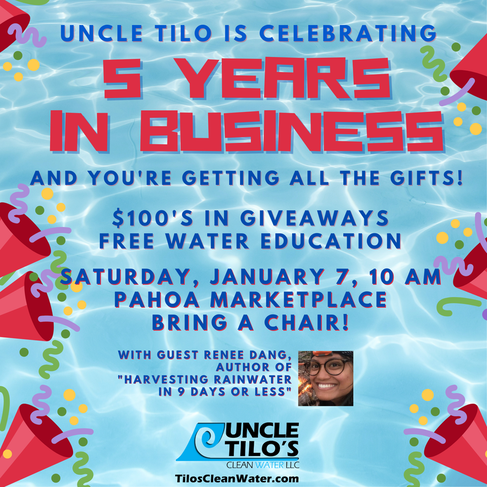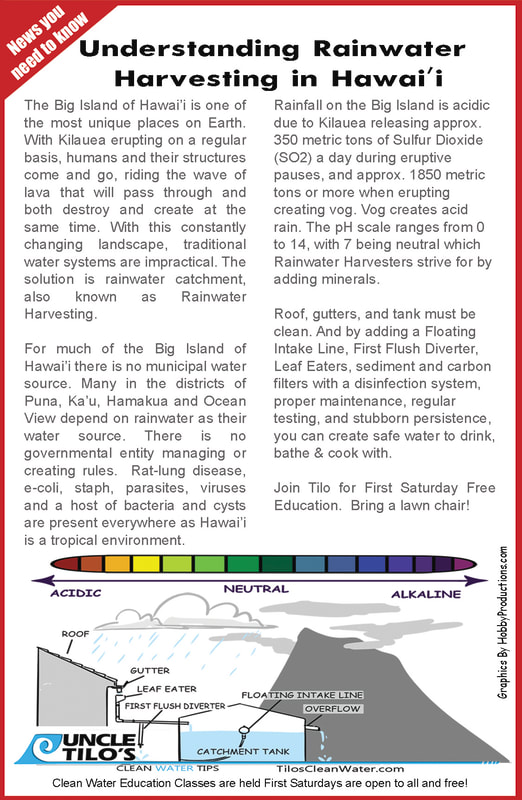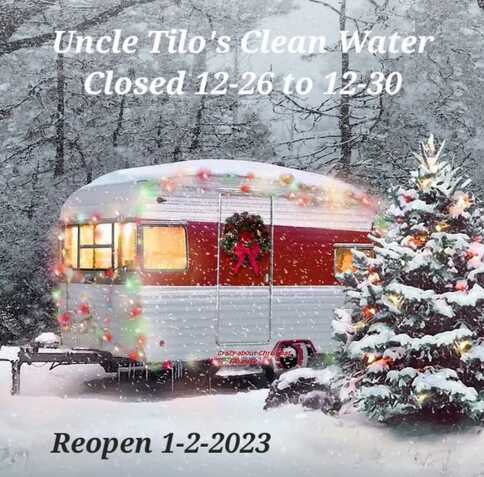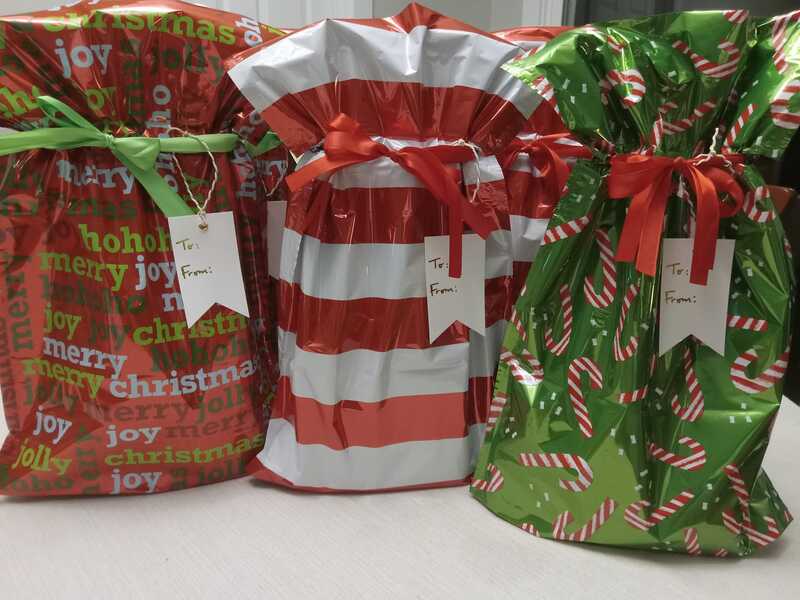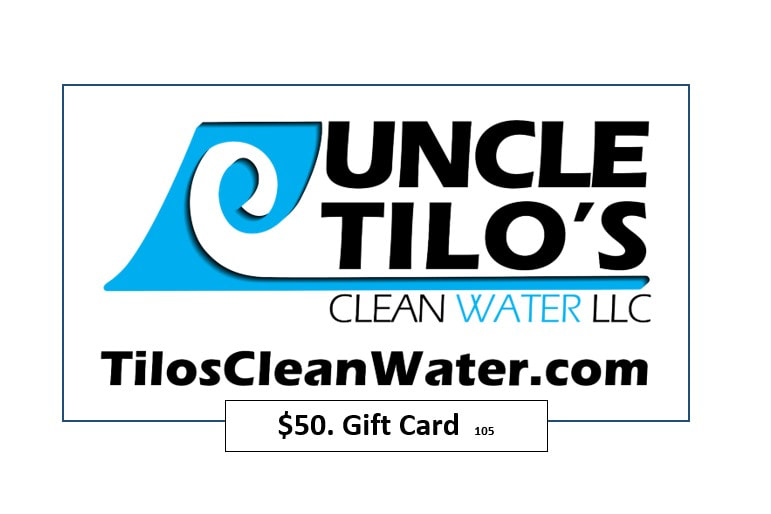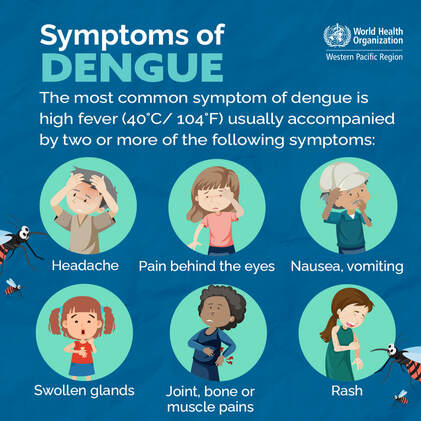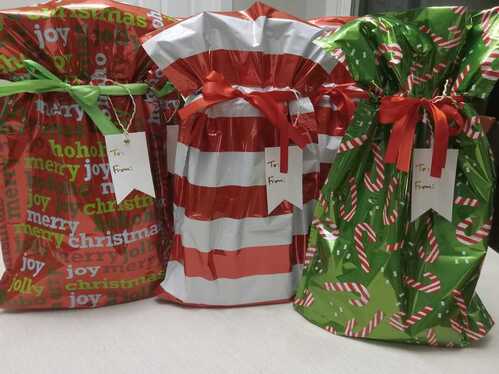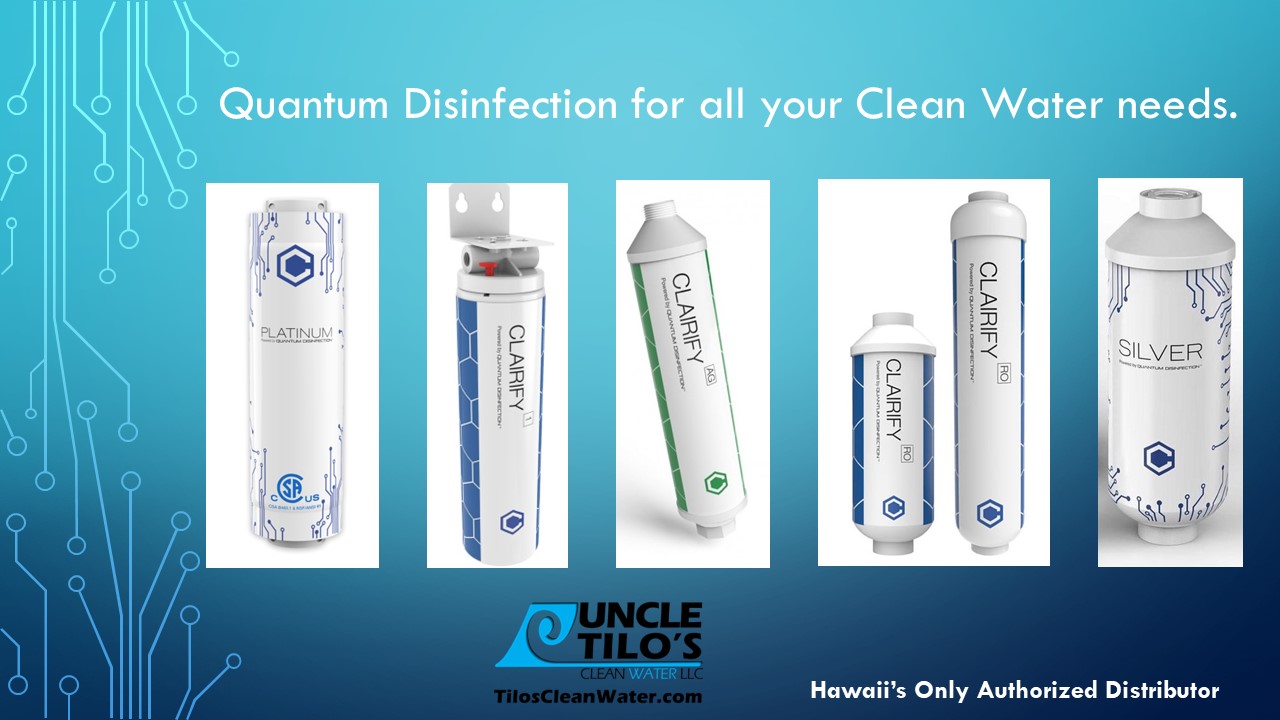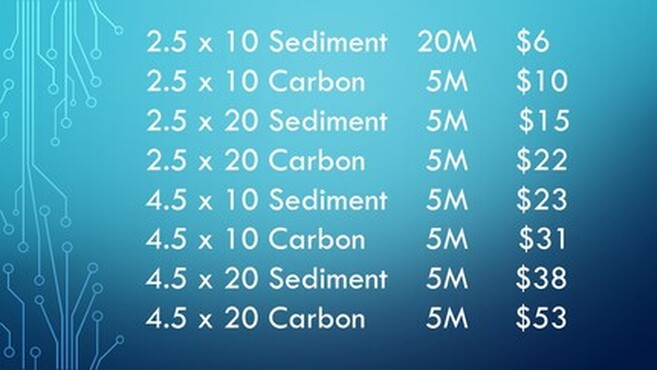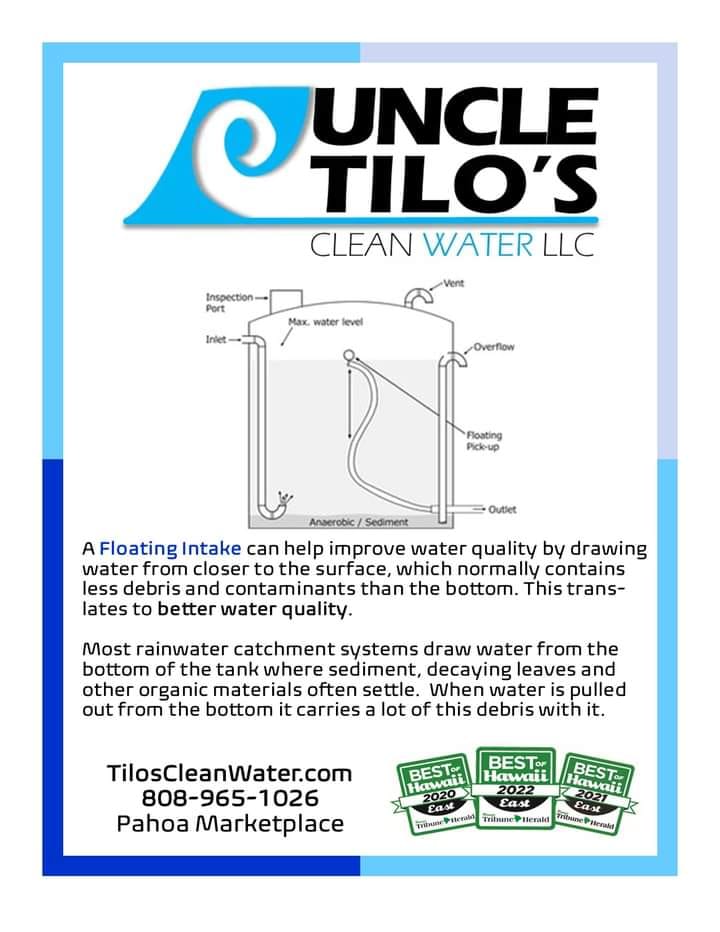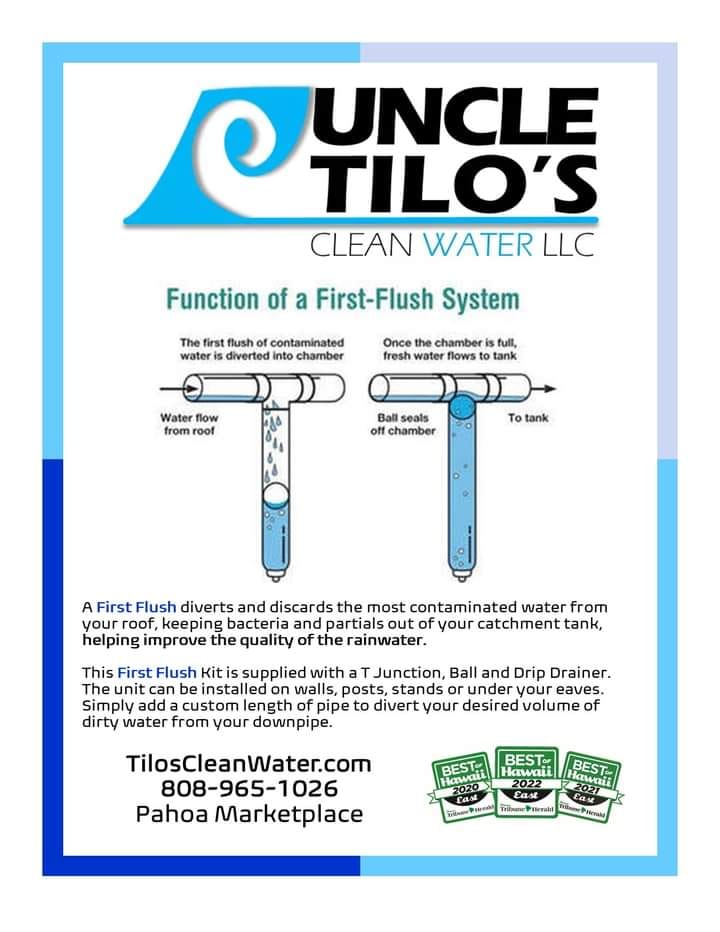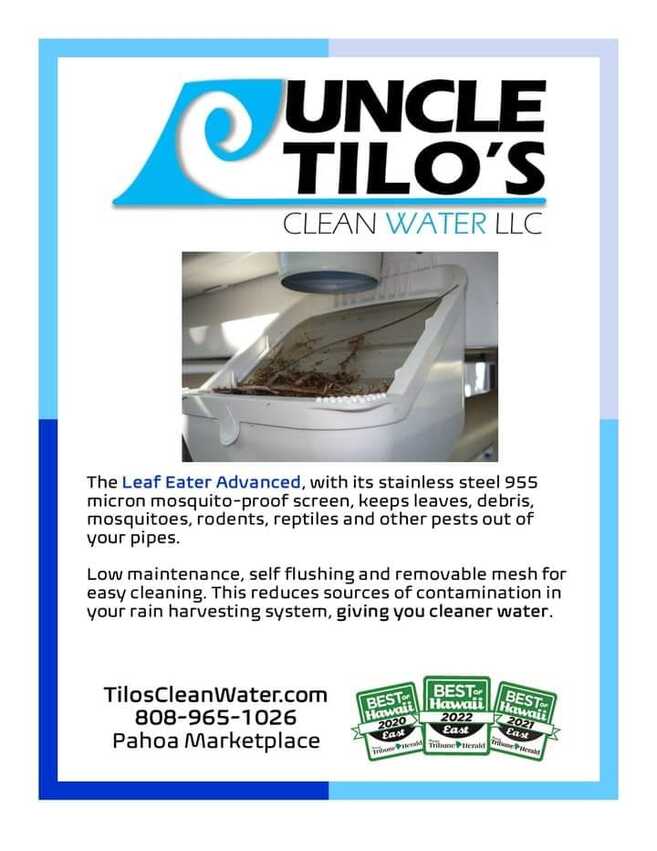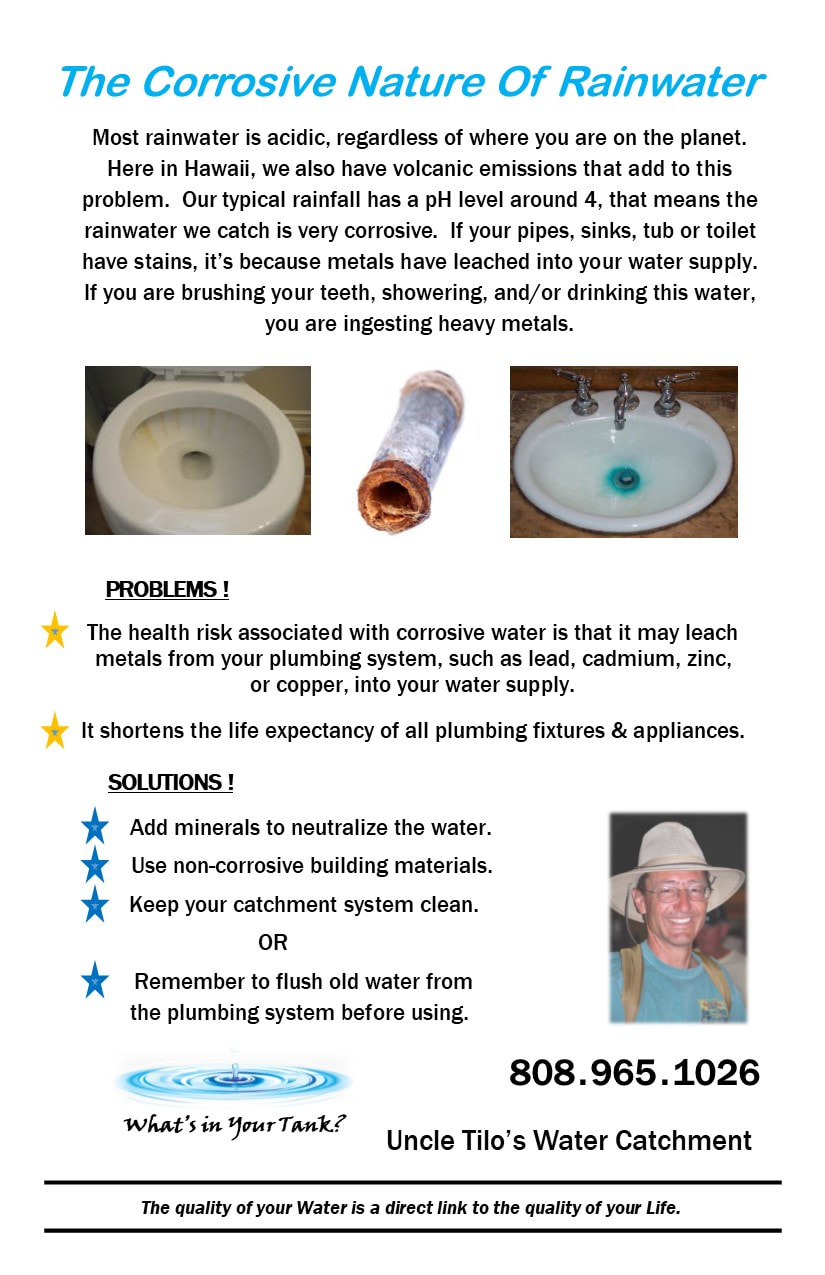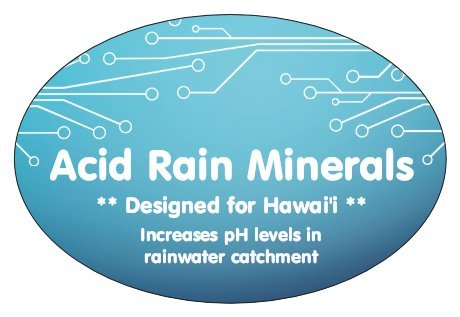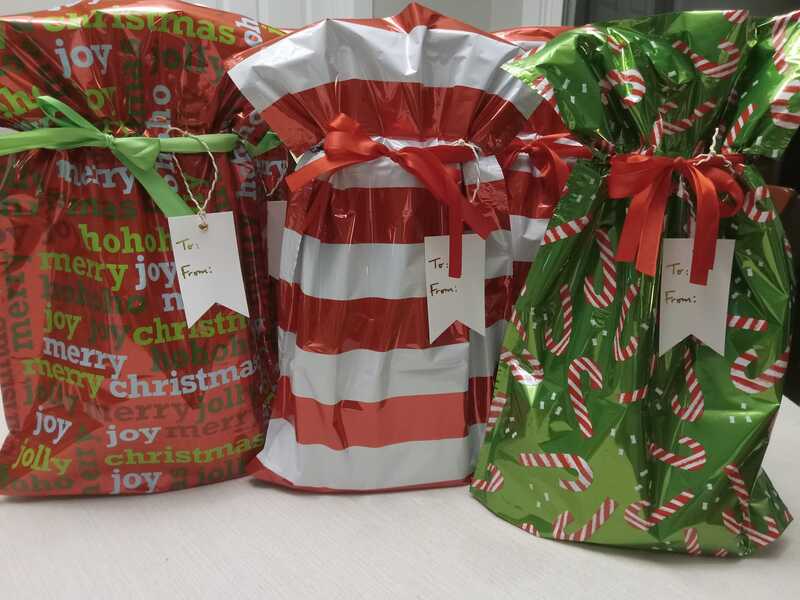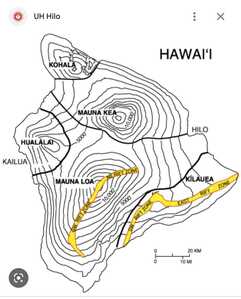|
"I had the fortune of visiting your beautiful island in January 2023. Welcomed by the amazing Archer and Tilo of Uncle Tilo's Clean Water LLC to see how your beautiful island gets rainwater harvesting DONE! I am from Atlanta, GA, and this was my first time to Hawai'i." "I felt so grateful and amazed by the friendliness, resiliency, and beauty of your community and island. So much so that I felt compelled to write a second book about rainwater treatment! In the meantime, I have teamed up with Cassie at Basically Books @bbookshilo to offer my book, "Harvesting Rainwater for Your Homestead in 9 Days or Less" at your local Hilo bookstore! I got to visit and speak to many people in Hilo, Pahoa, and the surrounding areas through the help of Archer and Tilo, and they recommended that I offer my book through other means besides Amazon. You spoke up, and I heard! If you are ever passing by Hilo, please be sure to give Cassie and Basically Books a hello. They have been very gracious and kind, and they have informed me that the books are fast leaving their store. If you are on catchment and are in need of advice, be sure to pick up your copy today, or ask Uncle Tilo's Clean Water LLC for their always-friendly advice. I hope you enjoy, and your feedback is always welcomed. You can check out the Amazon page of the book here: https://a.co/d/ganqGZ6 "I am so thrilled to have my hands on this book. With this book, I feel like I definitely have the knowledge to be able to implement my own system and be confident that I chose something that works well for my needs on my property." Laura, Texas "I spent many, many months planning such a system for my homestead when I wished this book was available back then. It would have saved me tons of researching!" - Danny, Alabama Please let me know if you have any questions or would like to see this book in other locations throughout Hawai'i. Mahalo....Renee" It was a delight to host this young lady on a mission to make a difference in water!
0 Comments
Uncle Tilo has you covered. Stop by and get your free tablets!Fix a Leak Week! Quick, Easy & Free!
Simply drop a couple leak detector tablets into the back of your toilet tank and wait 15 minutes. As the tablets dissolve, they turn the water blue. If the water in your toilet bowl has any traces of blue water, you have a leaking flapper and it signals that it's time to replace it. Boom, just like that you started saving water! Every drop counts! Empowerment through Education for Clean Water Educational 2023 Series
will be published and featured monthly in the KeOla Magazine , Ka'u Calendar under , Hamakau News & Tribune Herald's First Friday publications in the Real Estate section. The public is advised to stay out of flood waters and storm water runoff due to possible overflowing cesspools, sewer, manholes, pesticides, animal fecal matter, dead animals, pathogens, chemicals, and associated flood debris.Recent heavy rain has resulted in stormwater runoff entering into coastal waters. Not all coastal areas may be impacted by runoff, however, if the water is brown stay out. Continue to practice good personal hygiene and follow-up with your primary care physician if you have any health concerns.Empowerment through Education for Clean Water Educational 2023 Series will be published and featured monthly in the KeOla Magazine , Ka'u Calendar under , Hamakau News & Tribune Herald's First Friday publications in the Real Estate section. Saturday, February 4th at the Billy Kenoi Park Gym. |
